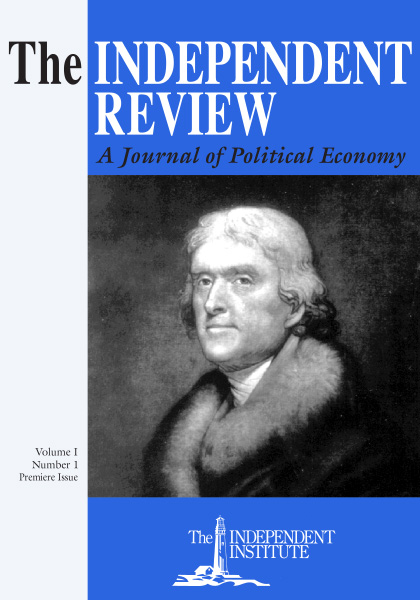When welfare (then called “public outdoor relief”) was abolished in large- and medium-size cities of the United States more than a century ago, private charities stepped in, spending just as much on aid as the cities had spent. If welfare dependency occurred under public assistance, it continued even after private charity took over, with aid recipients spending just as much time on the private dole as they had on public assistance.
Stephen T. Ziliak is a doctoral candidate in economics at the University of Iowa.
EconomyEntitlements and WelfareFederal Budget PolicyFederal Tax PolicyFood StampsMedicare, Medicaid, and ObamacareSocial SecurityTaxes and Budget
| Other Independent Review articles by Stephen T. Ziliak | |
| Spring 2002 | Fighting Poverty with Virtue: Moral Reform and America’s Urban Poor, 1825-2000 |
| Summer 1999 | Overcoming Welfare: Expecting More from the Poor and from Ourselves |









